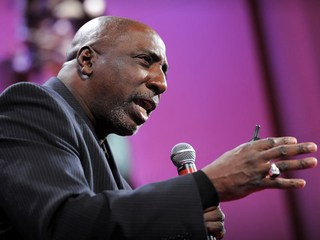#WhatSheNeeds will provide insights into the experiences of black women in college. From the freshman transition to the affects of social media, these women have a lot to say! Black women are out enrolling every other group in college, but not experiencing the same high levels of success 4 years later in their careers. Through #WhatSheNeeds, we hope to learn a little more about what she needs to succeed–what did their institutions have and what were they lacking?
 #WhatSheNeeds continues with our first topic…Parental Support! For all of our interviewees, parents have been incredible supports during the college experience. But sometimes, things got a little sticky. Parents always wants what is best for their children, but sometimes this causes tension for college students. As summer is quickly passing, all you parents are getting ready to send your daughters off to college–some for the first time! We want you to know how to best support your daughters in their academic career! Here is some advice from our lovely college women…
#WhatSheNeeds continues with our first topic…Parental Support! For all of our interviewees, parents have been incredible supports during the college experience. But sometimes, things got a little sticky. Parents always wants what is best for their children, but sometimes this causes tension for college students. As summer is quickly passing, all you parents are getting ready to send your daughters off to college–some for the first time! We want you to know how to best support your daughters in their academic career! Here is some advice from our lovely college women…
Anessa Trask said in her interview, “Your parent’s dream career for you, may not be YOUR dream career for you.”
This is exactly what Sadariah experienced…
Sadariah Harrel is majoring in Business Management, but her dream lies in the arts:
“I’m not in school for what I want to be in school for. Me, I’m more of the creative type; I’m more of the art time. I love to write…Anything that deals with my imagination, I love to do it. And I feel like it’s such a big thing in society being an African American female, being a female period. Its like you have to be in a field where it’s like business or computer science just so you can be competitive because you are a female. And my mother she’s a computer analyst so she’s like, “You have to do that, you have to do this.” And I’m like “No, I love English and I love reading and I want to write”. And she’s like “No. If I’m paying then you’re going for what i want you to go for”…I wasn’t doing what I wanted to do. It wasn’t fun for me. It felt like I was being forced to do something.”
On the other hand, is Sydney Tyler:
“My family supports my major 100%. A lot of my family is health professionals, so it was pretty normal when I told them I was going into the health field. They’re loving it”
This isn’t to say one family is better or more supportive than another, but parenting style does affect the college experience. It can either drive a woman to success or make her feel a little lackluster about her future.
But don’t pity Sadariah. While pursuing her business major, she knows she can express her creativity in other ways. As she told me, “I can always publish books on the side”.
Mostly, these women just want to make their families proud:
“I am first generation in my family. I am the only child of a single parent. It was my first college experience with applying to colleges and getting into college. And I did it. All with the support of my mom, and it was a wonderful experience.” –Sydney Tyler
“I’m the first to go so far away. I’m far away from my family. I’m out there on my own. I’m the first person to go to an HBCU, the first person to pledge a sorority, the first person to become a nursing major. Sometimes I feel a lot of pressure because I am doing so many firsts! And I don’t want to let anyone down, or disappoint anybody. So, I’m kind of harder on myself.” –Jasmine Hosley
“Throughout my entire life I kind of felt the most pressure because I’m the only child. I’ve always been, like the ‘brain’. My cousins would always call me that and say I was a nerd. And so, I always felt like I had to live up to that, you know, title of what was given to me. Because I knew, like, no one else was fitting that at the time” –Brittany Colvin
Terri Floyd summed up the role of the parent perfectly:
“I had my family, my parents are encouragers.”
To all you parents out there with daughters headed off to college, “Be encouragers!” Your daughters want and need your support for a successful college transition and experience. Remember, you both have the same priority; to succeed!

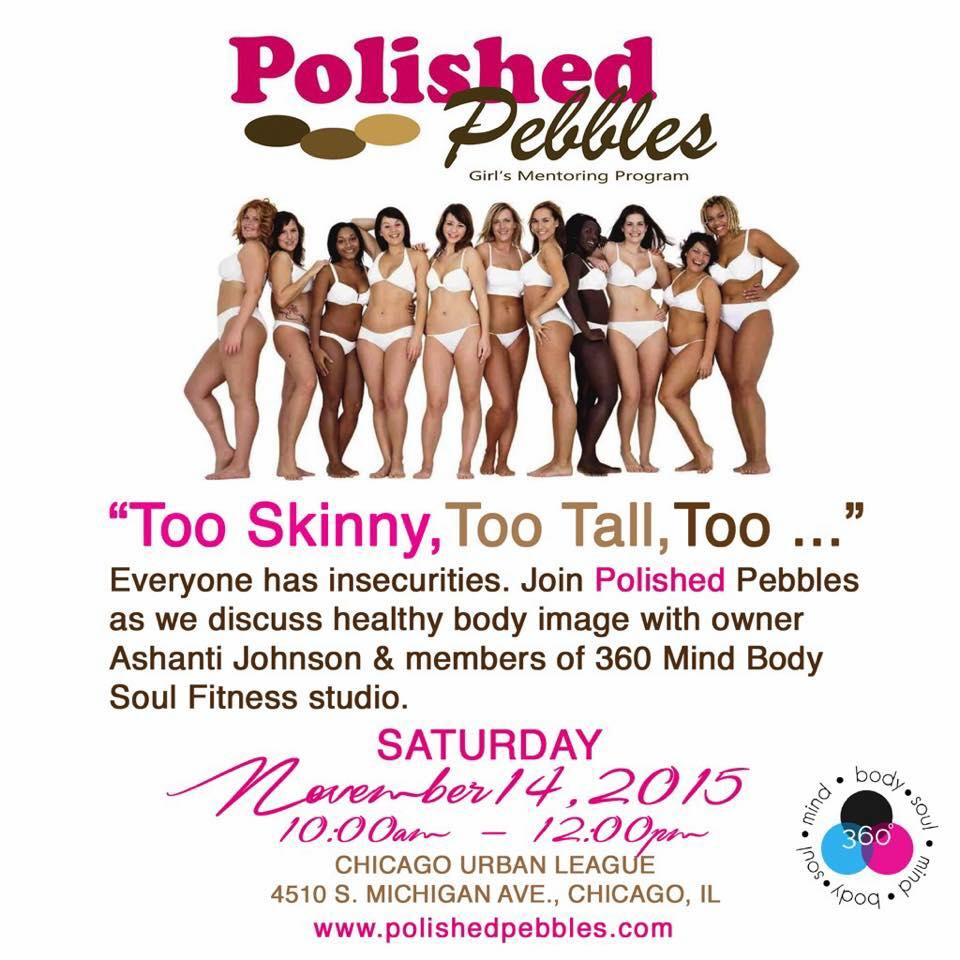

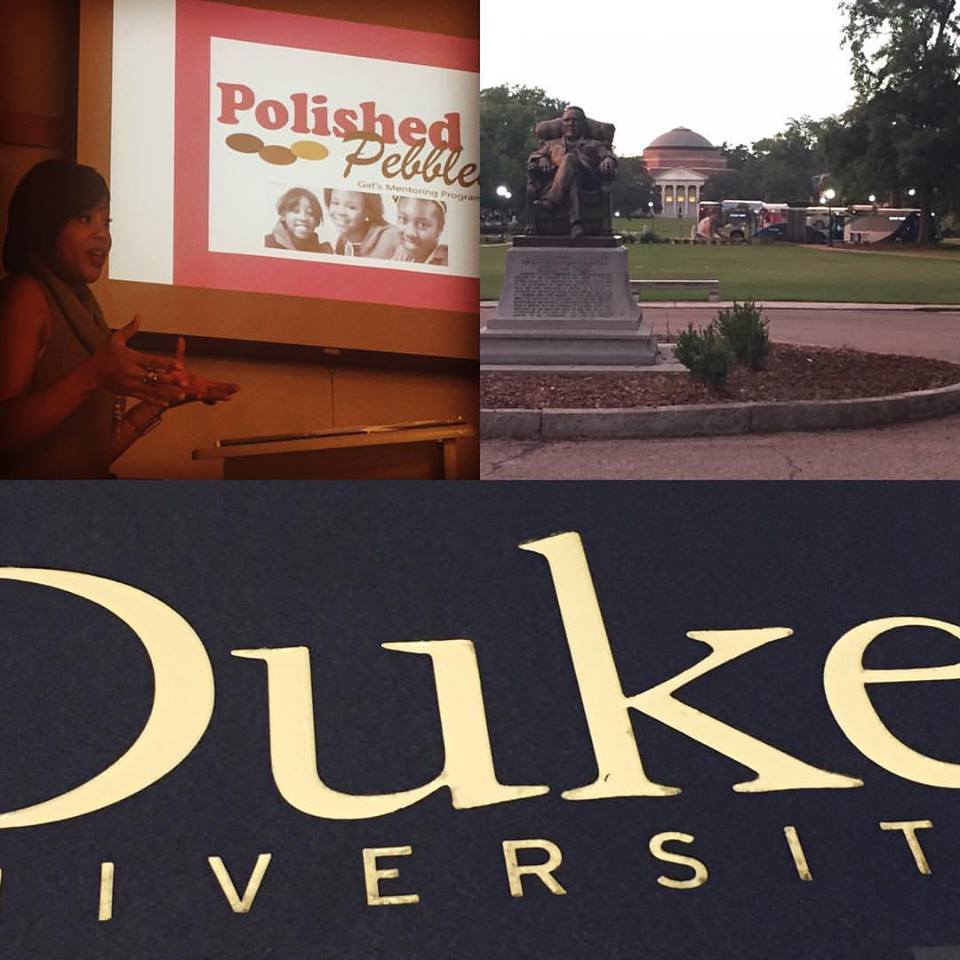

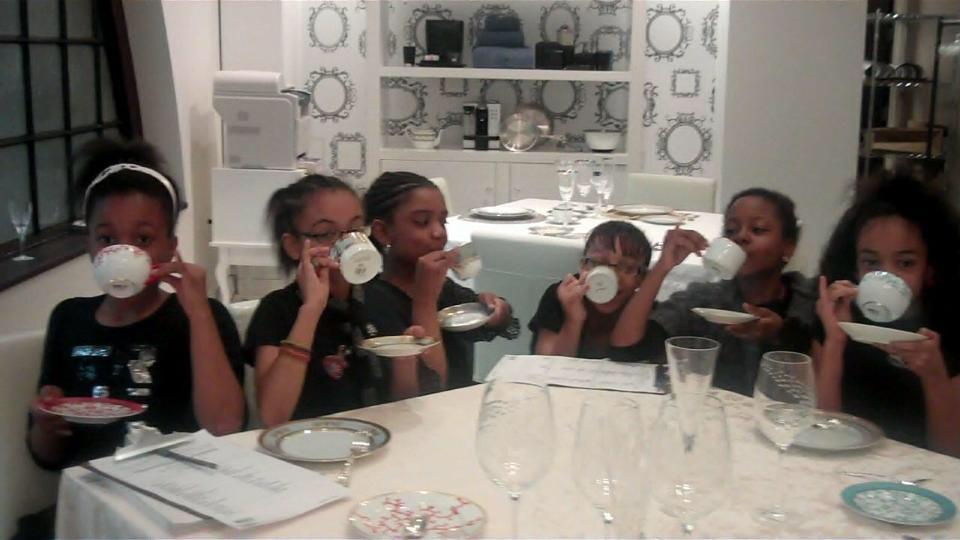






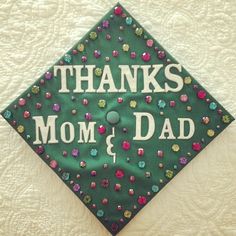
 #WhatSheNeeds continues with our first topic…Parental Support! For all of our interviewees, parents have been incredible supports during the college experience. But sometimes, things got a little sticky. Parents always wants what is best for their children, but sometimes this causes tension for college students. As summer is quickly passing, all you parents are getting ready to send your daughters off to college–some for the first time! We want you to know how to best support your daughters in their academic career! Here is some advice from our lovely college women…
#WhatSheNeeds continues with our first topic…Parental Support! For all of our interviewees, parents have been incredible supports during the college experience. But sometimes, things got a little sticky. Parents always wants what is best for their children, but sometimes this causes tension for college students. As summer is quickly passing, all you parents are getting ready to send your daughters off to college–some for the first time! We want you to know how to best support your daughters in their academic career! Here is some advice from our lovely college women…
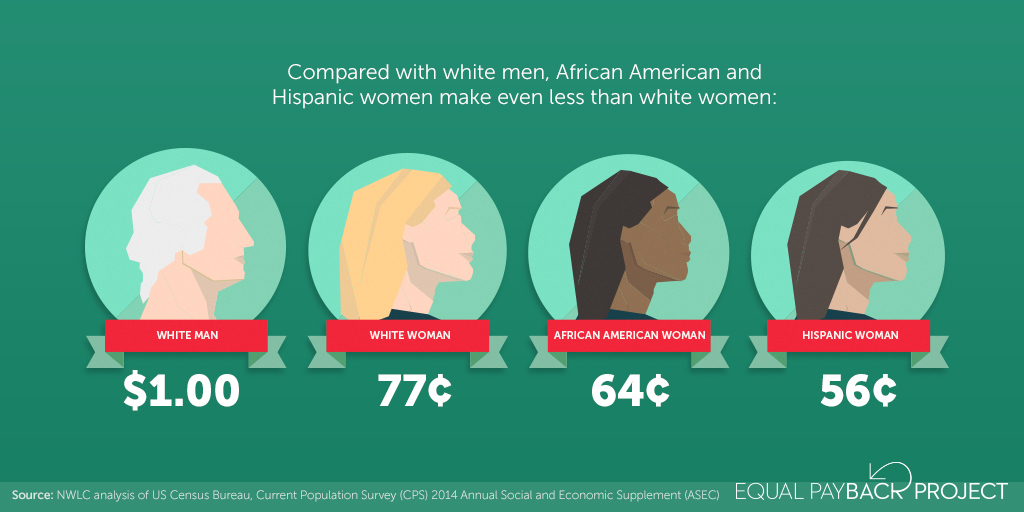


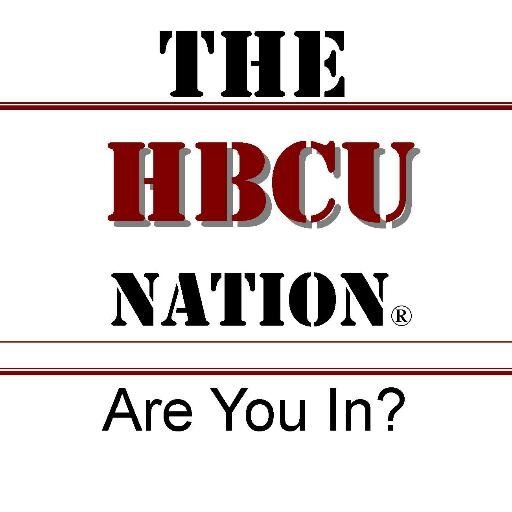

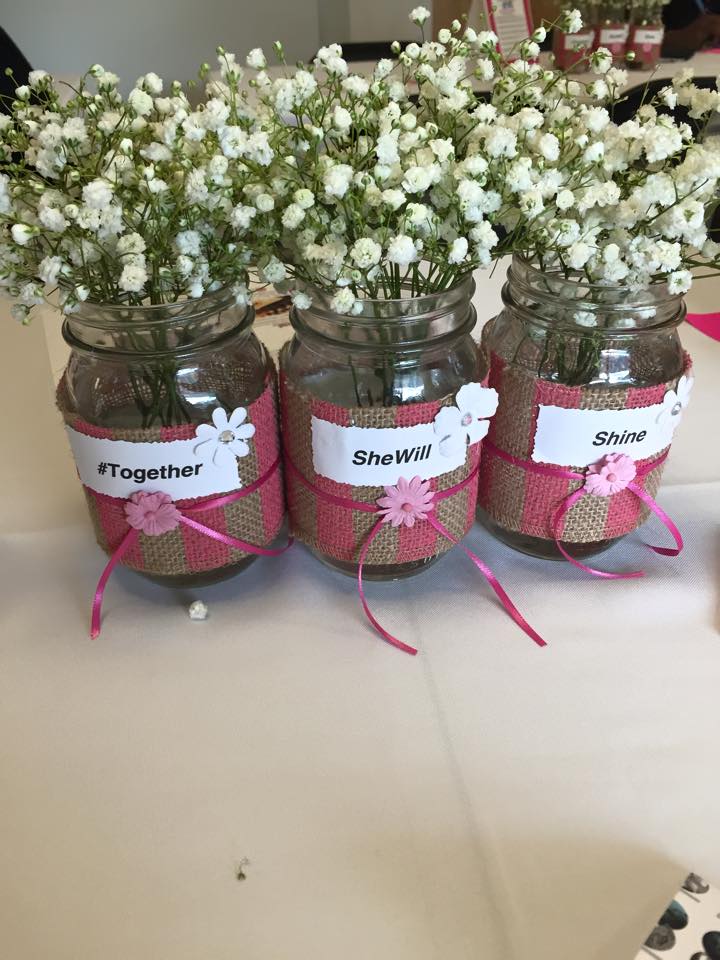


 We want you to know L’Oreal Thompson Payton!
We want you to know L’Oreal Thompson Payton!